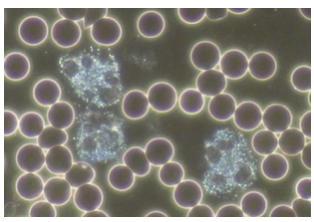While live blood assessment cannot be used to diagnose specific diseases, there are certain anomalies that when seen in live blood can point to degenerative disease processes taking place in the body.
One of the biggest factors in your overall health is the condition of your white blood cells, which show us the state of your immune system. A strong immune system has healthy Neutrophils and Lymphocytes in the correct proportions (about twice as many Neutrophils as Lymphocytes) and is vital to your body’s ability to fight cancer, stay in balance, and fend off the myriad internal and external challenges to your health.
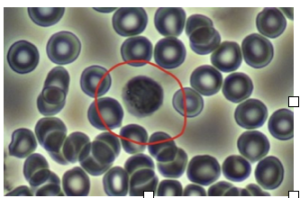
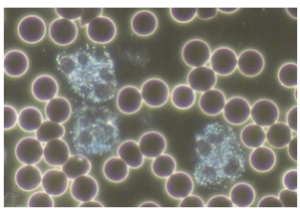
White blood cell anomalies that point to degenerative conditions are a raised or decreased neutrophil count, neutrophil cohesion, a raised or decreased lymphocyte count, a raised or decreased monocyte count, a raised eosinophil count, and empty white blood cells. Other signs of a weakened immune system that we can see in live blood are cytoplasm damage, translucent membranes, and parasitized white blood cells.
Other anomalies that can be indicators of degenerative disease are: high valence chondrits, large protoplasts in high numbers with jagged edges, a high platelet count, synascits, thallus, Rouleaux, and red blood cell aggregation.
These last two – Rouleaux and red blood cell aggregation – can also be indicators for several other conditions. Rouleaux is an anomaly in which your red blood cells get stuck together in “coin roll” formations. With red blood cell (RBC) aggregation the sticky red blood cells form clumps. Because patients with cancer are more prone to deep vein thrombosis (DVT) and sticky red blood cells increase the risk of metastasis, here at Renaissance we use live blood to monitor the stickiness of the red blood cells. As the body heals, the red blood cells will go back to their normal state.
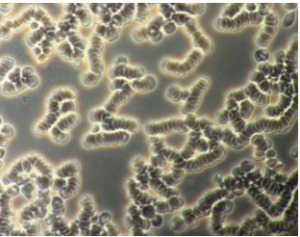
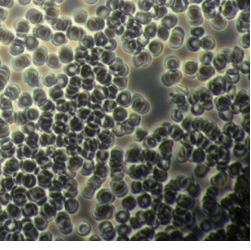
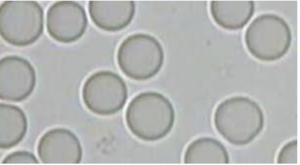
If you are interested in learning more about live blood assessment, subscribe to the Renaissance Health Centre YouTube Channel and watch Certified Live Blood Microscopist, Liz Kerby discuss the process and many of the anomalies commonly found in the blood at Live Blood Overview by Liz Kerby To schedule a live blood assessment, call the Renaissance front desk at 702-258-7860.

